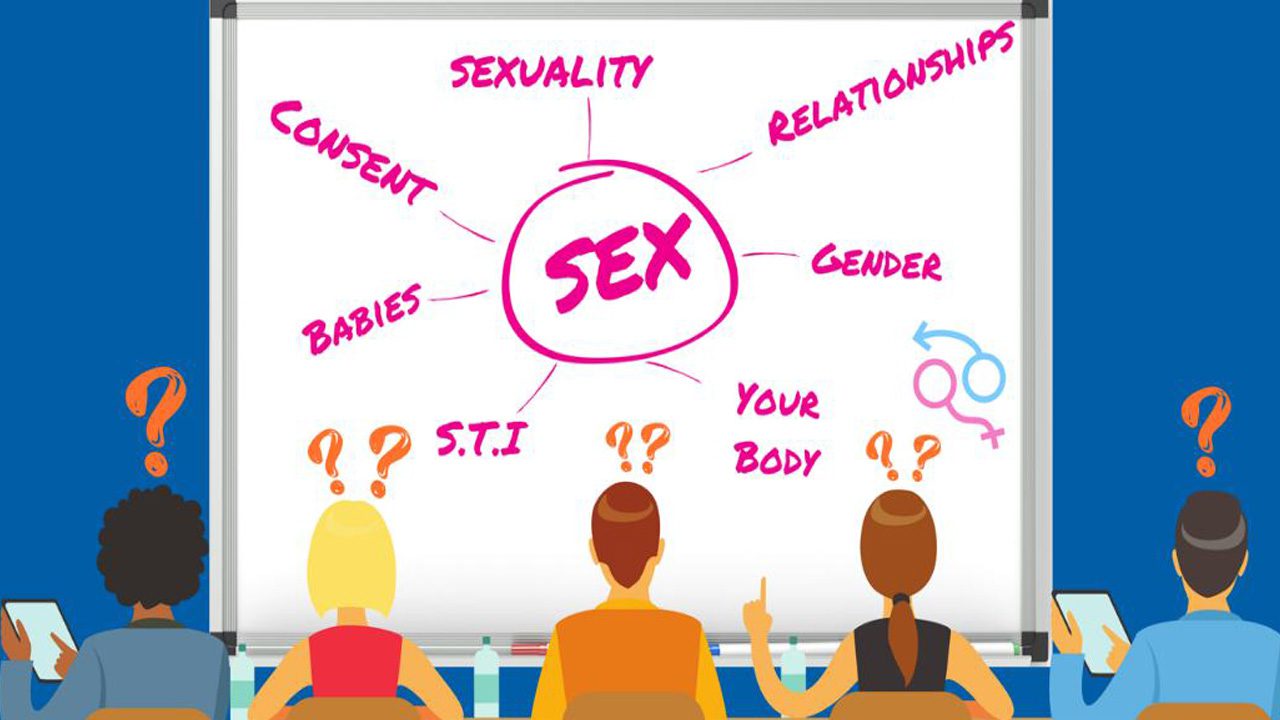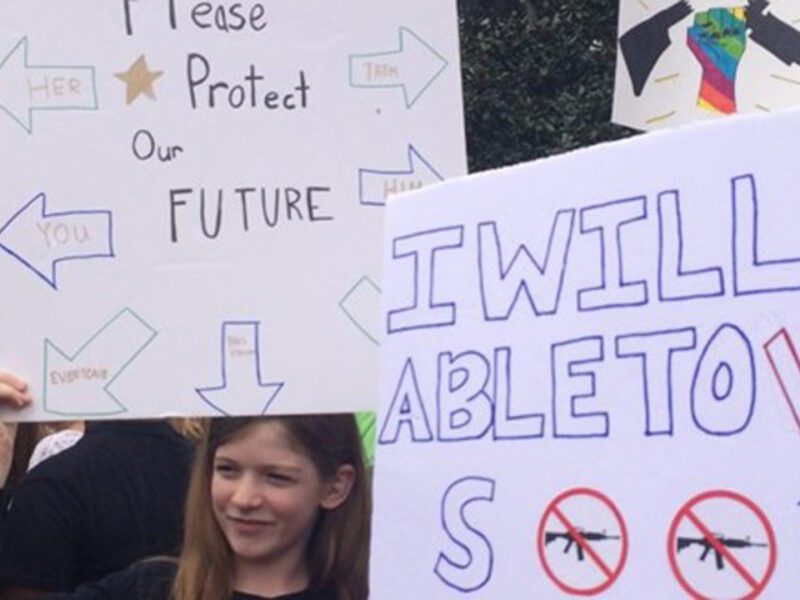Florida pushes to restrict sex ed lessons on contraception, consent
Tampa Bay Times | By Kate Payne | September 24, 2024
TALLAHASSEE — Some Florida school districts are rolling back a more comprehensive approach to sex education in favor of abstinence-focused lessons under pressure from state officials who have labeled certain instruction on contraception, anatomy and consent as inappropriate for students.
Officials from the Florida Department of Education, led by an appointee of Republican Gov. Ron DeSantis, have been directing some of the state’s largest school districts to scale back their lesson plans not only on sexual activity, but on contraceptives, human development, abuse and domestic violence, as first reported by the Orlando Sentinel.
The shift reflects a nationwide push in conservative states to restrict what kids can learn about themselves and their bodies. Advocates are concerned that young people won’t reliably be taught about adolescence, safe sex or relationship violence at a time when sexually transmitted infections have been on the rise and access to abortion is being increasingly restricted.
Under recent changes to state law, it’s now up to the Florida Department of Education to sign off on school districts’ curriculum on reproductive health and disease education if they use teaching materials other than the state’s designated textbook.
About a dozen districts across Florida have been told by state officials to restrict their sex ed instruction plans, said Elissa Barr, a professor of public health at the University of North Florida and the chair of the Florida Healthy Youth Alliance, which advises school districts on developing and implementing comprehensive sex education programs.
Barr says comprehensive sex ed isn’t just about reducing teen pregnancy and protecting young people against HIV, at a time when Florida is reporting more HIV diagnoses than almost any other state, according to health policy research nonprofit KFF.
“Sex ed is sexual abuse prevention. It’s dating violence prevention. And it just helps young people develop healthier relationships and actually delay sexual initiation,” Barr told The Associated Press. “We still have 1 in 4 teens pregnant at least once before age 20. So for us to cut contraceptive information and education is really doing young people a disservice. It’s very harmful.”
Research has shown that comprehensive sex ed is associated with teens waiting longer to have sex for the first time, as well as reduced rates of teen pregnancy and STIs and the prevention of sexual abuse.
A spokesperson for the Florida Department of Education defended the state’s approach, highlighting the importance of abstinence and recent changes to state law that require schools to teach that “reproductive roles” are “binary, stable, and unchangeable.”
“Florida law requires schools to emphasize the benefits of sexual abstinence as the expected standard and the consequences of teenage pregnancy,” department communications director Sydney Booker said. “A state government should not be emphasizing or encouraging sexual activity among children or minors and is therefore right to emphasize abstinence.”
In Broward County Public Schools, which includes Fort Lauderdale and is the nation’s sixth largest school district, state officials told the district that pictures of reproductive anatomy and demonstrations on how to use contraceptives “should not be included in any grade level,” according to a staff memo that was shared with the AP.
Florida Department of Education officials also told the district to remove the words “abuse, consent, and domestic violence” from a proposed lesson for first graders and replace it with language that’s considered more age-appropriate, such as “talking to a trusted adult when they feel uncomfortable.”
Barr said the concerns expressed about curriculum were “inconsistent” from district to district and were communicated verbally, not over email.
A representative for Orange County Public Schools, which includes Orlando, said the district revised its teaching plans in response to “verbal feedback” from the department.
“FDOE strongly recommended the district utilize the state adopted text,” district spokesperson Michael Ollendorff said.
Under Florida law, schools don’t have to teach sex ed. If they do offer lessons, they must emphasize abstinence as the “expected standard.” Florida parents have the right to opt their students out of that instruction, though surveys show the general public overwhelmingly supports schools teaching sex ed.
“Take politics out of it, take religion out of it and really focus on the science and what works for young people,” Barr said. “We have the answer, and it’s comprehensive sex ed.”






